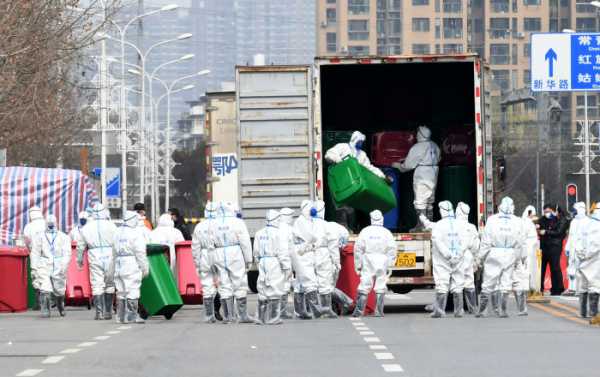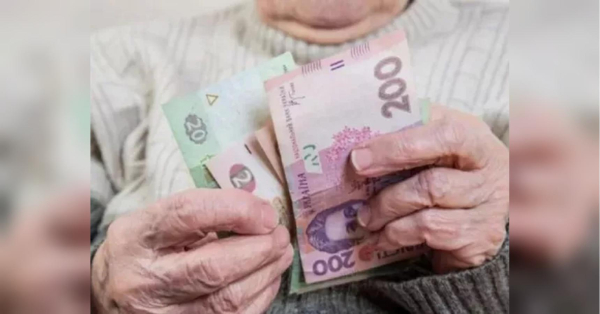
A study published in The Lancet medical journal Thursday warns that relaxing the quarantine measures in the Chinese city of Wuhan – the first epicenter of the COVID-19 outbreak – too soon could result in a second wave of coronavirus cases.
“Restrictions on activities in Wuhan, if maintained until April, would probably help to delay the epidemic peak. Our projections suggest that premature and sudden lifting of interventions could lead to an earlier secondary peak, which could be flattened by relaxing the interventions gradually,” the study reads.
“The unprecedented measures the city of Wuhan has put in place to reduce social contacts in school and the workplace have helped to control the outbreak,” said lead author Kiesha Prem of the London School of Hygiene & Tropical Medicine in the UK. “However, the city now needs to be really careful to avoid prematurely lifting physical distancing measures, because that could lead to an earlier secondary peak in cases. But if they relax the restrictions gradually, this is likely to both delay and flatten the peak.”
Even though the study’s models were based on China, the conclusions are most likely applicable to other countries, the researchers noted.
Tim Colbourn, an epidemiologist from University College London who was not involved in the study, said the findings could be used to help governments to determine how to lift lockdowns.
“Given many countries with mounting epidemics now potentially face the first phase of lockdown, safe ways out of the situation must be identified,” he said, the Guardian reported.
Sourse: sputniknews.com






